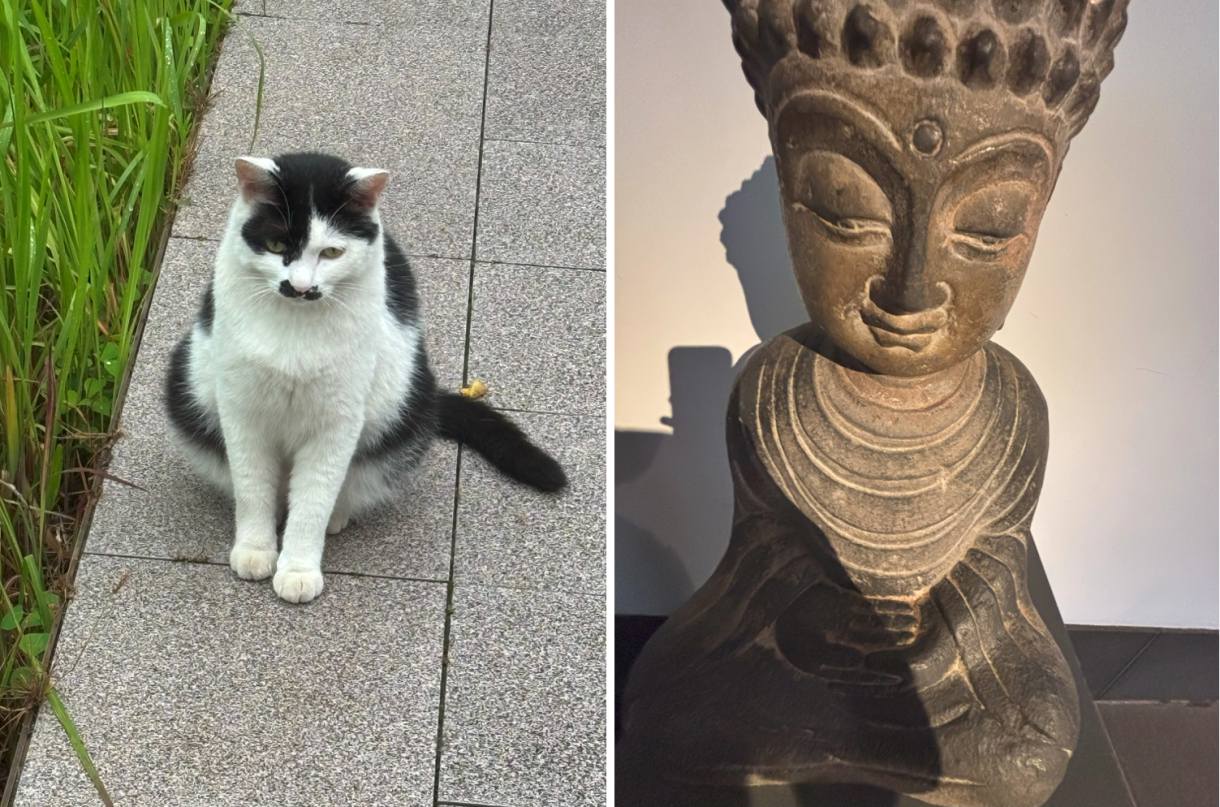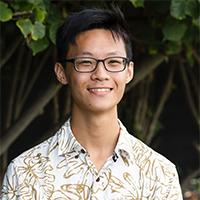
Blog
Summer Field Notes 2025: Cultural Immersion at Duke Kunshan University
by Raine Cheng

This summer, I attended a one month long Chinese immersion program at Duke Kunshan University (DKU), located less than 30 minutes from Shanghai by highspeed rail.
A modern campus close to multiple major cities yet far away from all the buzz, DKU was honestly the perfect environment to study Chinese.
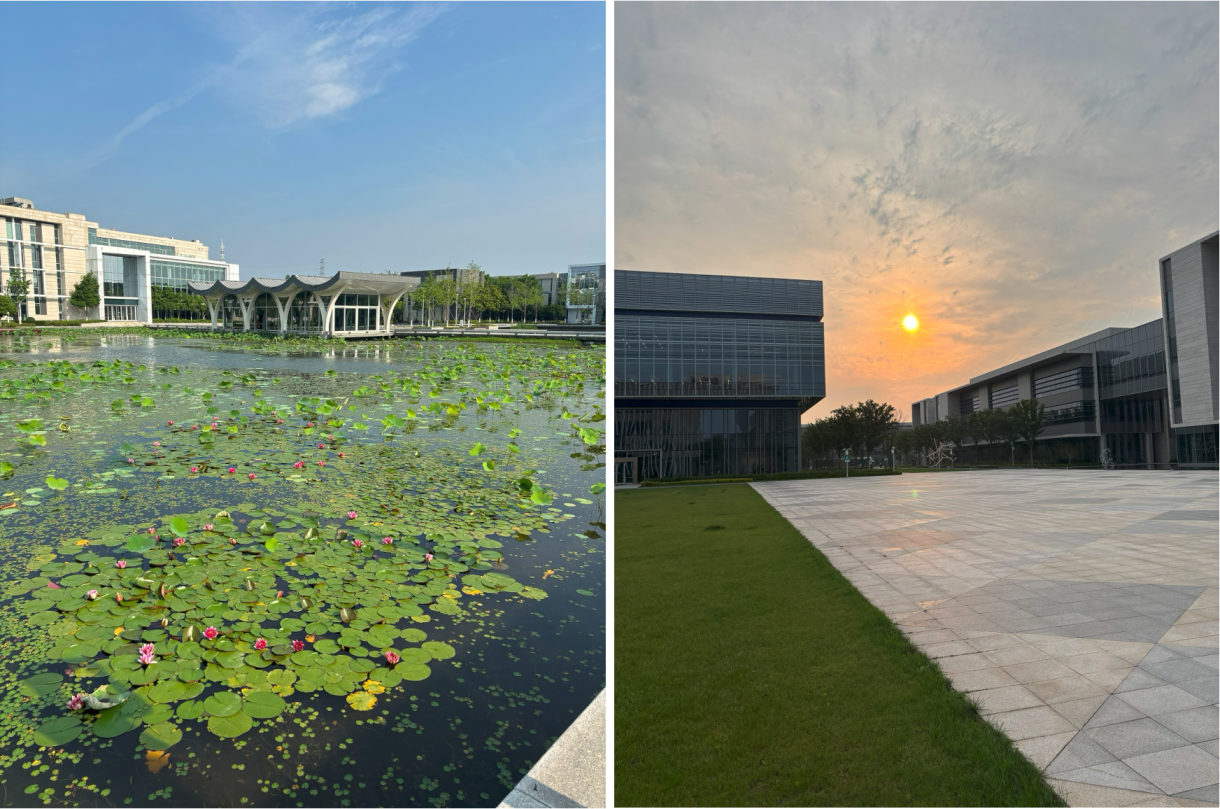
Life on DKU Campus
Each weekday, I would wake up in the mornings to get ready for class, making a habit of eating breakfast with my fellow classmates at the dining hall. Classes were quite intense, a cycle of learning new vocabulary outside of class, memorizing dialogues, and studying for a quiz the next day. After class, each student had a one-on-one tutoring session with a PhD student intern on topics in class or just topics we wanted to study more about.
The teachers also hosted a daily Mandarin table during lunch where we could only speak Chinese. Everyone went regardless because why not eat lunch together when we have the chance! I really appreciated those moments because we could talk about talk about anything we wanted while still practicing our Chinese and getting to know each other better.
Learning beyond the classroom
This was not without a break on Wednesdays, where we had cultural activities planned such as appreciating the many canals in a famous water town in the nearby city Suzhou. We even took an additional trip to Nanjing over the weekend, visiting Nanjing Foreign Language School for a cultural exchange and historical sites such as the Confucius Temple and Ming Xiaoling Mausoleum.
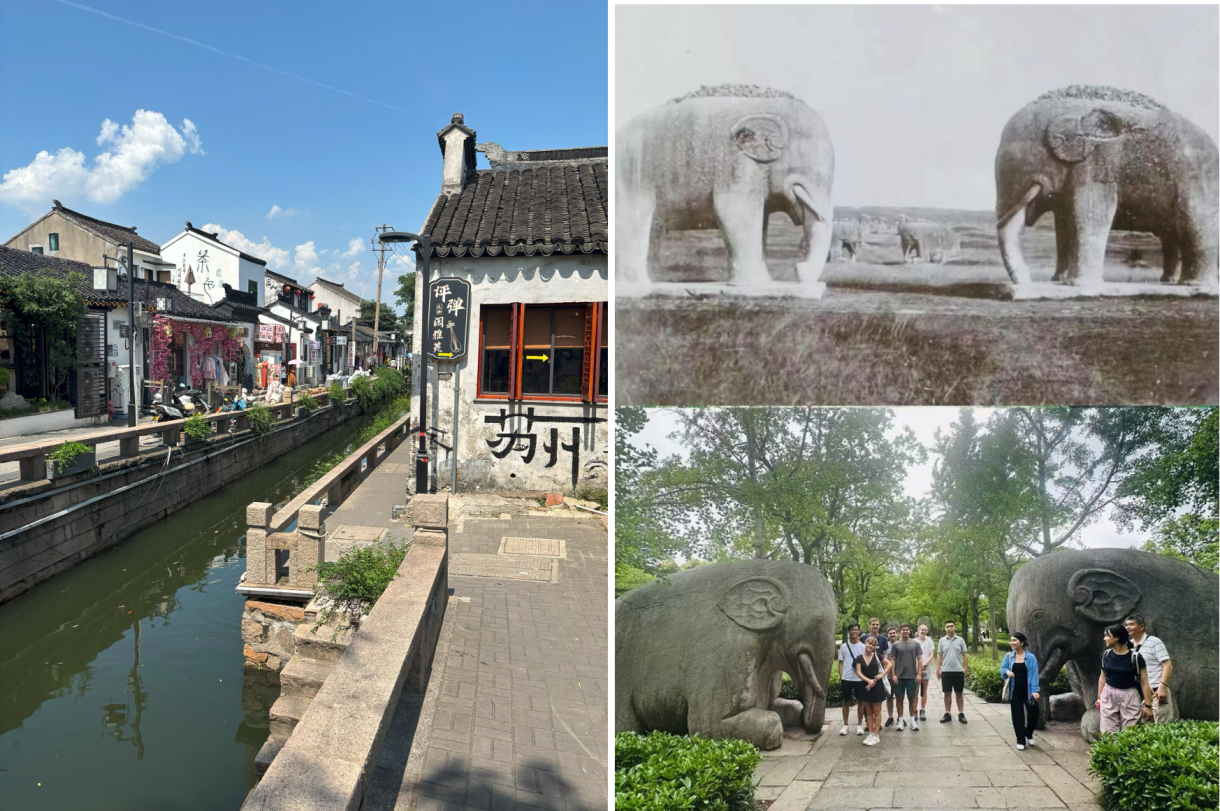
The class sizes were very small, my class consisting of only six students and only three in the lower-level class. This offered an opportunity for students to get to know each other and their teacher very well, in addition to creating a fun atmosphere focused on learning Chinese. Each student also lived with a local Chinese DKU student roommate, whom I would talk to only in Chinese about random questions I had about China and cultural differences that peaked our interests. By forcing myself to speak Chinese outside of class, I learned a whole lot that one can’t simply learn in a classroom.
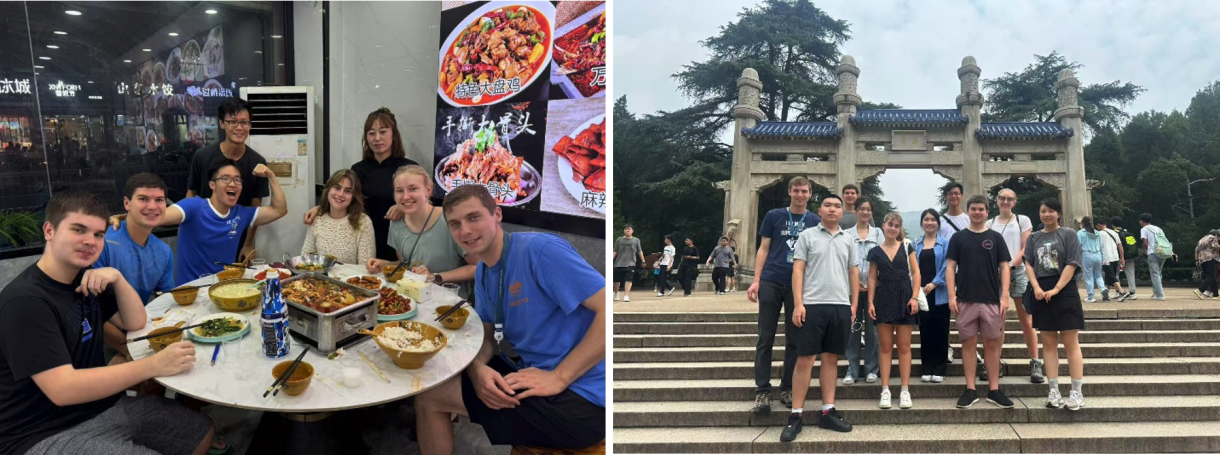
Looking back, looking ahead
Over the course of the program, I definitely became more confident in speaking Chinese and going out to explore in a foreign country. But the best part was the community we had built, where we could laugh, listen to Chinese songs, and play sports on the field next to the dorms.
Whether it be me constantly trying to draw someone’s face on the whiteboard or going out for dinner with everyone, the people went hand in hand with the cultural immersion and became the greatest takeaway I had from the program.
Below are some final snapshots shared by the author:

